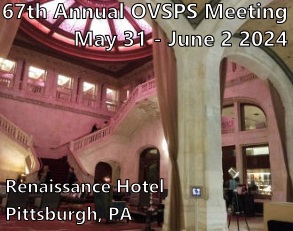<< Back to the abstract archive
The lysosomal trafficking regulator (LYST) gene is regulated through FGF2 via FGF receptor
Gabriel Mirhaidari, PhD; Jacob Zbinden, PhD; Christopher Breuer, MD; Jenny C. Barker MD, PhD
NeoMed
2022-01-15
Presenter: Gabriel Mirhaidari
Affidavit:
This abstract represents 100% original work from the corresponding author Jenny C Barker, co-faculty author and the 2 PhD students listed.
Director Name: Gregory Pearson
Author Category: Medical Student
Presentation Category: Basic Science Research
Abstract Category: General Reconstruction
PURPOSE: The lysosomal trafficking regulator (LYST) gene encodes a large 430kDa protein known for its involvement in the size and trafficking of lysosomes. Mutations in the LYST gene impact global biological processes including paracrine signaling, cellular degranulation events, and cell membrane repair across diverse cell types through an unknown mechanism. Recently, we have described that LYST is necessary for normal wound healing in vivo utilizing a mouse model with mutated LYST, the Beige (Bg) mouse.
METHODS: We explored factors that regulate LYST gene expression. Primary fibroblast cultures were derived from wild-type, Bg, and novel LYST Exon 52 deletion mice. Cells were subjected to varying cell culture and drug treatment conditions with lysosomal size and LYST gene expression quantified as primary outcomes.
RESULTS: Serum starvation significantly upregulated LYST gene expression, and rescue with FGF-2 reversed the upregulation of LYST gene expression. Blockade of FGF-R with infigratinib in the presence of FGF-2 and serum starvation blocked the downregulation of FGF-2. Further, LYST expression was selectively modulated by drugs blocking downstream FGF-R transcriptional regulators including STAT1, STAT3, PI3K/AKT, and ETS.
CONCLUSIONS: FGF-2 is important for transcriptional regulation of the LYST gene. We modified LYST gene expression by targeting downstream effectors of the FGF-R signaling pathway utilizing drugs that have current clinical use. With expanding evidence for LYST as a critical underlying factor in biological functions such as wound healing and cancer, these findings provide a foundation for selective modulation of gene expression with pharmacological agents.



